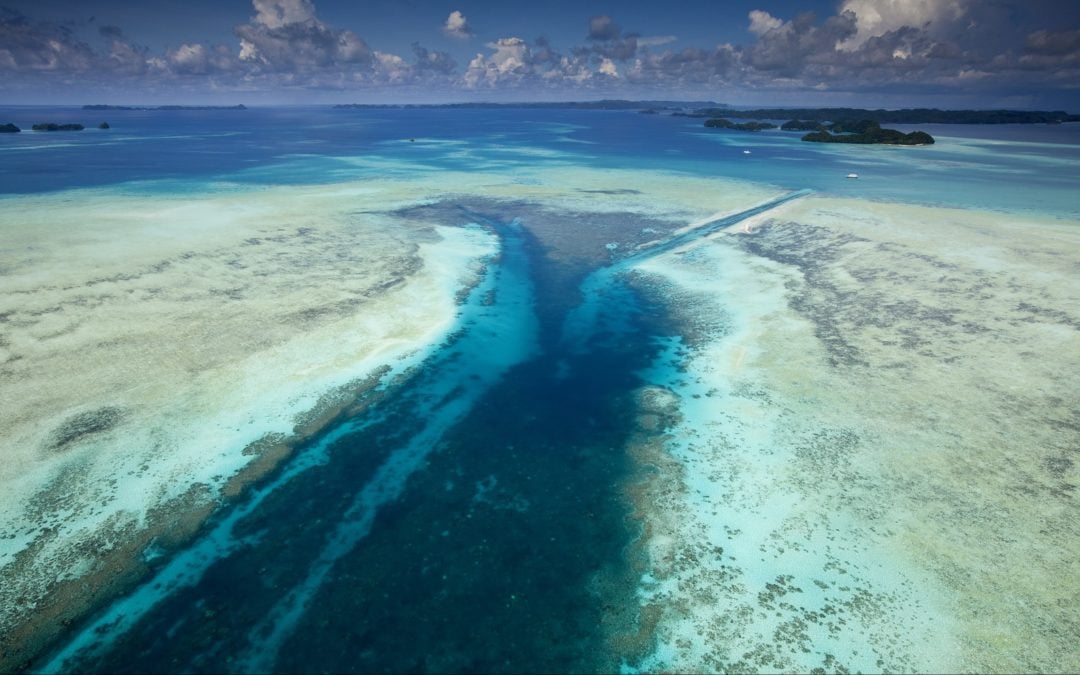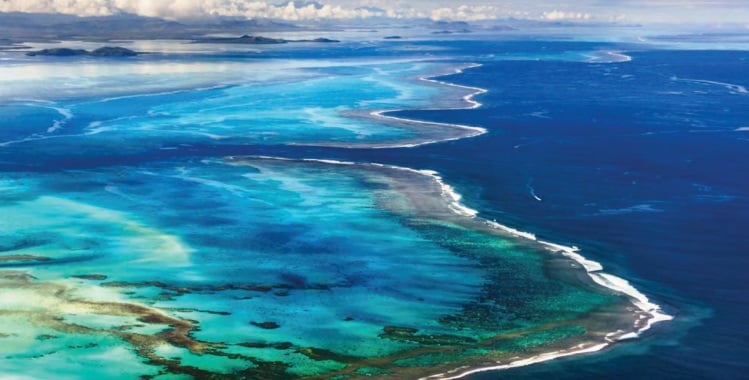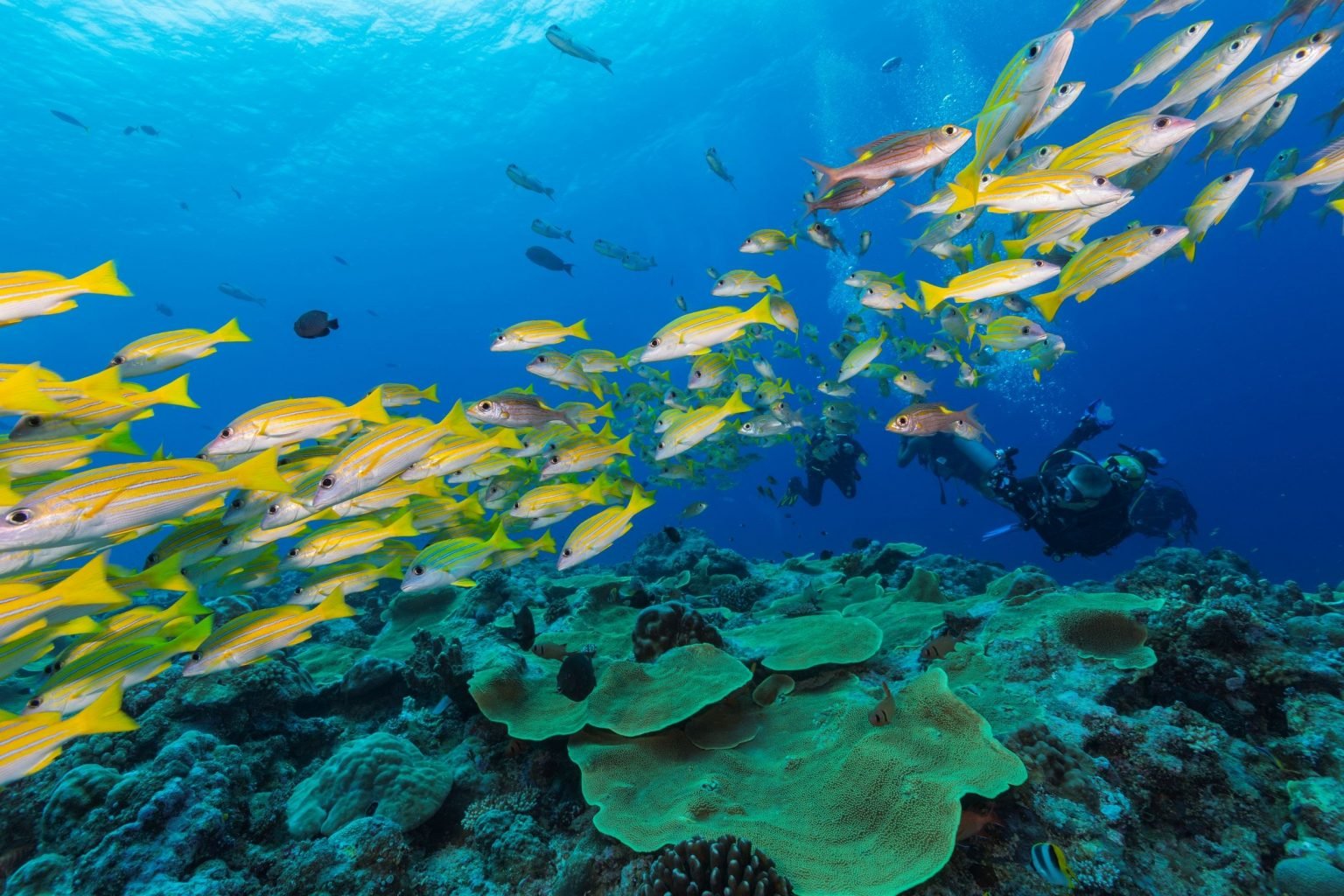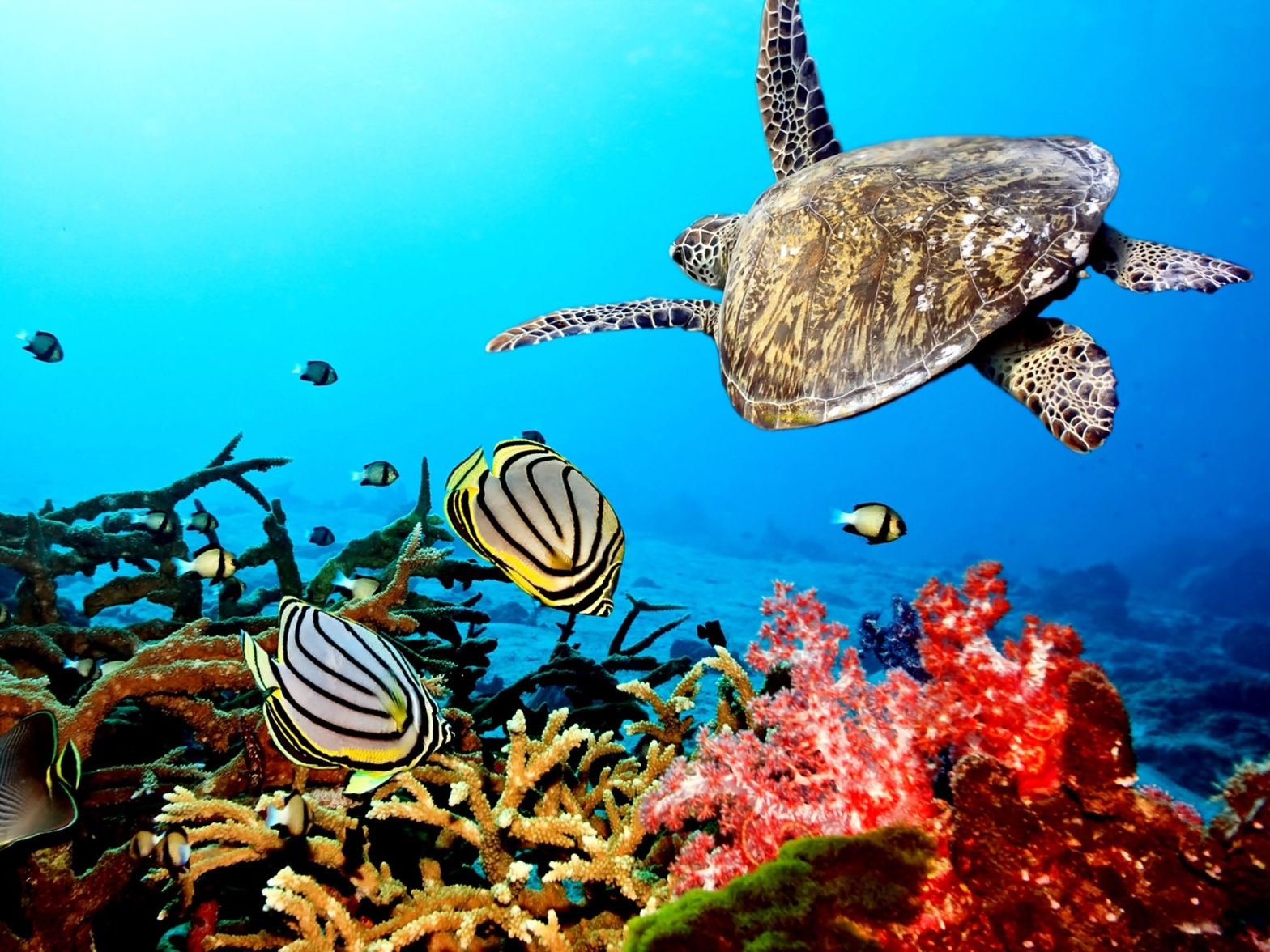Advocates of PNMS’s support the development and strengthening of Palau domestic fisheries while opposing the plan to re-open PNMS to long-line and purse seine fishing activities
“The real question is, who are we doing this for?” posed Ann Singeo, Director of Ebiil Society, echoing the question raised by others on the plan to re-open Palau National Marine Sanctuary to long-line and purse seine fishing activities.
Ministry of Fisheries, Agriculture, and Environment reported that the potential revenue Palau could make from fishing activities is about US$1.8 million a year. The legal counsel for Palau International Fishing Inc. (PITI) said that PITI contributed around US$1.5 million to the government both in export taxes and other tax contributions before PNMS closure.
Income from fishing activities prior to the closing of PNMS cited by both government and non-government entities does not justify the re-opening of the Palau National Marine Sanctuary to fishing activities according to reports at the public hearing on the proposal.
In a letter to Speaker Sabino Anastacio, PNMS Advisory Committee wrote that Palau made $8 million in 2020 and 2021 compared to US$7 million in 2015. “This is the revenue that dwarfs the US$800,000 shortfall that you are trying to recover – insignificant amount compared to the millions in profits that foreign fishing companies would be getting.”
Dr Golbuu of Palau International Coral Reef Center and administrator of the PNMS said that PNMS never stopped making money after the 80% was closed off. He said it made more from VDS in 2020 and 2021 than it did in 2019. Ann Singeo of Ebiil Society said at the public hearing that grants (both direct and indirect) including Vessel Days Scheme fees reached $25 million after PNMS went into effect in 2020.
Supporters of PNMS’s continued closure urged active support for the development and strengthening of Palau domestic fisheries. They say more domestic fishing companies will fill the revenue gap left by foreign fishing companies.
“If we work to support and develop our domestic fisheries… and give them opportunities and lay the foundation for them to work on, then the potential can be much greater,” stated Dr Golbuu. Domestic fisheries will be able to also contribute in terms of taxes.
However, House Speaker Sabino Anastacio felt that only NGOs and the entities involved with the PNMS were benefiting from the PNMS closure while the rest of the people suffer.
He suggested that NGOs work with OEK to draft a language where the government can share the percentage of the grants obtained by NGOs for the PNMS.
This proposal was objected to by Madrengebuked Tommy Remengesau jr., former President of Palau who said that it was OEK’s job to seek means of revenue for the government. He added that grants coming through various entities serve the people of Palau and their communities.
Madrengebuked admonished Speaker Anastacio for “intimidating” attendees who were invited by OEK to share their opinions on the subject bill at the public hearing.
Supporters of opening PNMS up for fishing said they cannot assure Palau millions in revenue immediately if the bill is passed saying “it won’t happen overnight.”
The governors’ who showed up to support the bill related how they were not getting the amount of fishing rights fees that they previously received.
Palau still receives between US$7 to US$8 million from Vessel Days Scheme each year. The money goes into the general fund and is appropriated by the Olbiil Era Kelulau for government operations including block grants to the states.
Letter from Ekei Women’s Organisation to Delegate Rechelulk, opposing the opening of PNMS said that “Palau is not alone in this economic struggle. The international community is with us and some are finding innovative ways to get on the right path to economic recovery…We count on you as our elected leaders to think big, long at long-term solutions and avoid taking the easy way out.”
Opponents of the bill asserted it made no sense to lose $25 million in order to gain US$1.8 million as the enactment of this bill into law will do.
The question remains, who will benefit from the opening of the Palau National Marine Sanctuary to long-line and purse seine fishing.
This story was written by Leilani Reklai, originally published at Island Times on 15 March 2022, reposted via PACNEWS.




